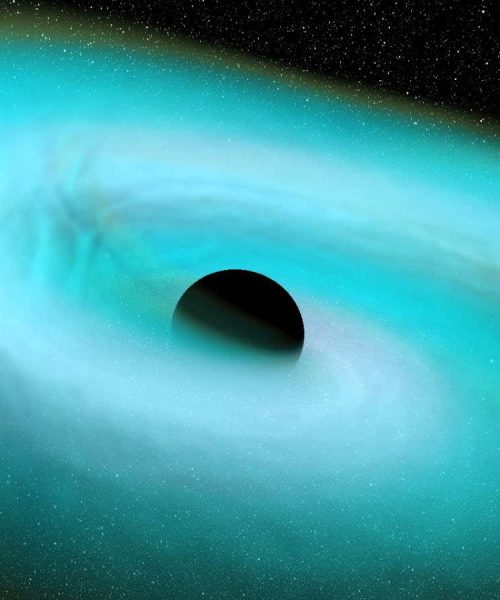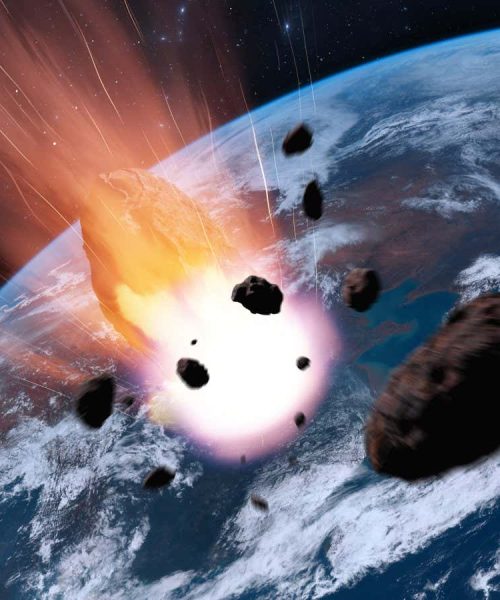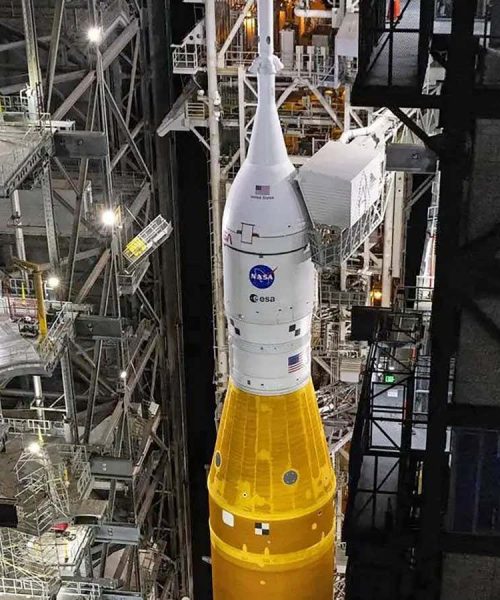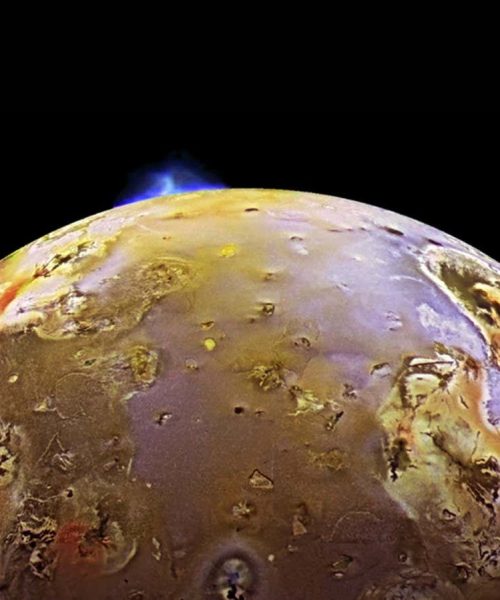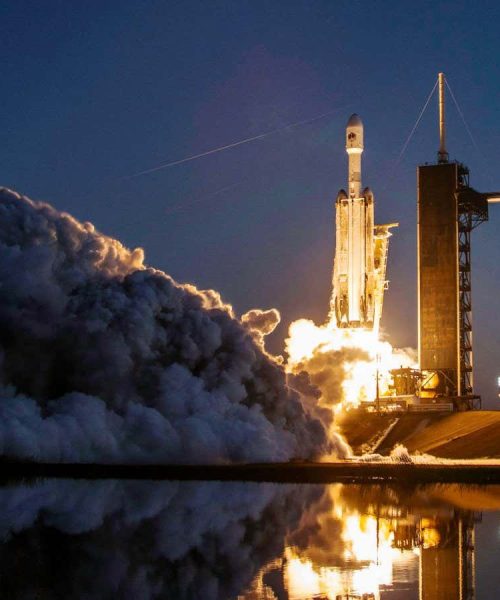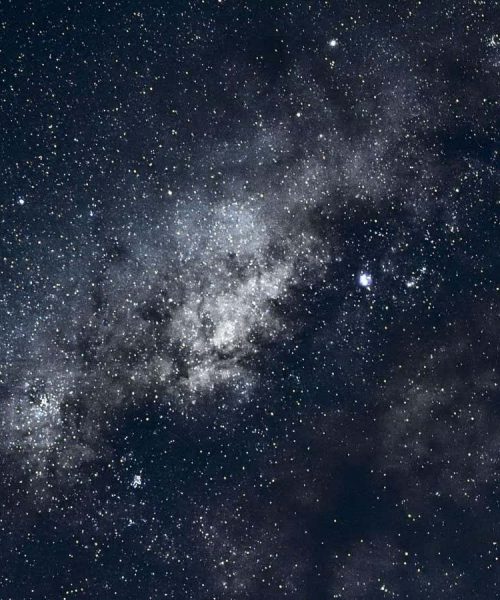
Black holes can go “dormant” if they aren’t actively feeding
Jurik Peter/Shutterstock
A black hole in the early universe has almost half the mass of its host galaxy despite no longer sucking in matter, raising questions about how black holes grow.
While Ignas Juodžbalis at the University of Cambridge and his colleagues were looking through data from the James Webb Space Telescope (JWST), they found something unusual. It was a faint galaxy, seen from our perspective as it was about 800 million years after the big bang, with a central black…
